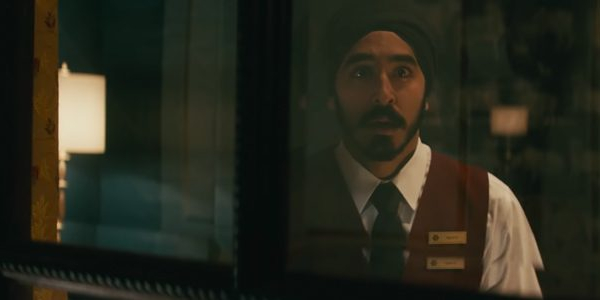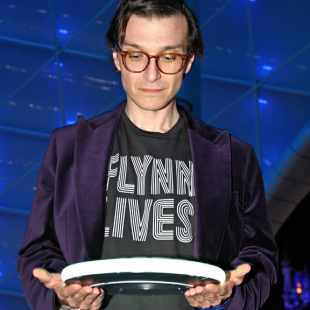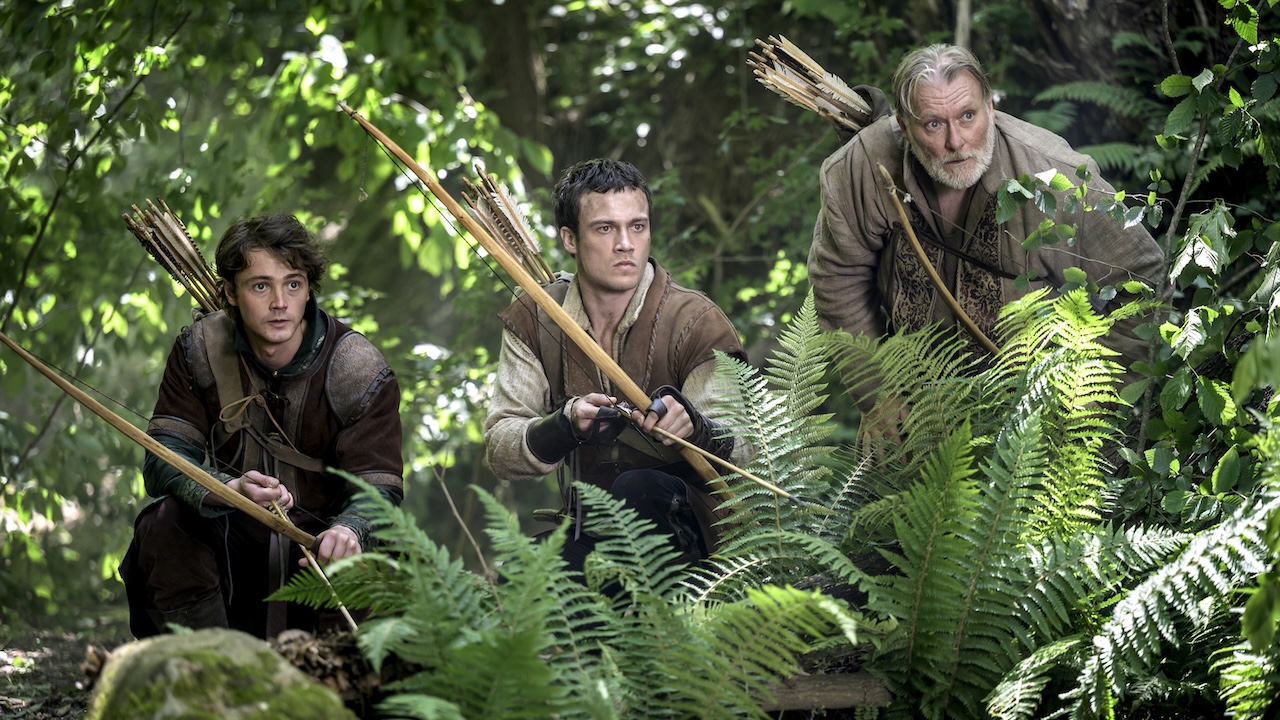Hotel Mumbai Wants To Leave Its Audience With A Message

In the wake of tragedies like the one that took place at the Taj Hotel in 2008, people start to ask questions surrounding the aftermath of such an event. The same is true for when people see those incidents depicted on film, much as Hotel Mumbai takes that very terrorist attack and commits it to the silver screen. The one question that tends to unite the two subjects is, of course, what can be learned through such atrocities, be it through their direct examination or their cinematic dissection. In that same spirit, I asked co-writer/director Anthony Maras what he wanted audiences to take away from his film, and he explained to CinemaBlend:
The one thing I think that’s important to try and get across to audiences is this idea that even in the darkest of times, we can find a common humanity that can get us through. Again, when you have people from all these different backgrounds coming together to survive, and find a common humanity, I think is important.
This question was among others CinemaBlend had asked him during the recent press day for Hotel Mumbai's theatrical release. In the case of Maras, the film's ultimate purpose is to show that even in the darkest of times, the recurring theme of common humanity mustn't be forgotten. While there were those who perpetrated such heinous acts on that fateful day in November 2008, there was also a heroic compliment of staff members at the Taj Hotel, as well as a number of guests, who banded together and worked to survive the unthinkable together.
Naturally, no matter how much a person can understand the survival instinct of the victims depicted in Hotel Mumbai, there's also another key component of the equation to understand: The actions of those who committed said acts. This is what one of the film's stars, Dev Patel, discussed with us. When asked to provide what he felt the film's big takeaway, he offered this:
I feel we’re in a society now where everything is so temporary, so fleeting. You know, you can read something or watch something on the news that is so horrific, and then maybe you might go to the extent of texting a friend about it. Then you’ll go, ‘alright, back to my breakfast then.’ To create a movie like this, and to make people actually simmer in a situation, actually force them to really be in it, and understand it, the nuts and bolts of the situation. To understand the sheer suffering that people went through, to see the blank look in those young teenagers’ eyes, wielding those AK-47s. It’s really important, I think, at the pace things are going at today.
What Patel describes above is certainly one of the reasons why Hotel Mumbai works as well as it does. Rather than just focusing on one particular side or facet of participants, the film takes a more robust look at both sides of the action. While we obviously see the hostages trying to survive throughout various parts of the hotel, we do also see those who carry out the acts of terrorism coming into Mumbai.
The film shows their ultimate motivation, as these young men take their actions as holy charges set upon them by their overseer; a man who encourages them to keep him on the phone so he can hear the screams and carnage take place. Digging into that portion of the subject a little deeper, Dev Patel, who also serves as an executive producer on Hotel Mumbai, had the following remarks to offer:
To put a microscope to those sorts of situations, because they once probably were a rarity, and now they’re not. It’s sad to say, but it feels like it’s a trend. And solving it is not gonna be getting more guns, it’s by understanding that the root of the cancer. We need education and things like that. I really hope that films like this can do that by shaking people from their core, electrifying them into action and discussion.
At its best, films can help educate the world and instill a sense of empathy for victims of historical events such as the attack on the Taj Hotel. It was with that intent that Anthony Maras and Dev Patel set off to make Hotel Mumbai the admirable film that it is, and it testifies to the power of understanding both sides of history when discussing such events. By feeling and processing this infamous series of events, people can begin to truly work through their recurrence, in hopes that one day it won't ever have to happen again. You can hear such a message resonate in the tones of both Maras and Patel's voices, as they speak through the video provided from our interviews below:
Hotel Mumbai opens in theaters on Friday.
Your Daily Blend of Entertainment News

Mike Reyes is the Senior Movie Contributor at CinemaBlend, though that title’s more of a guideline really. Passionate about entertainment since grade school, the movies have always held a special place in his life, which explains his current occupation. Mike graduated from Drew University with a Bachelor’s Degree in Political Science, but swore off of running for public office a long time ago. Mike's expertise ranges from James Bond to everything Alita, making for a brilliantly eclectic resume. He fights for the user.
